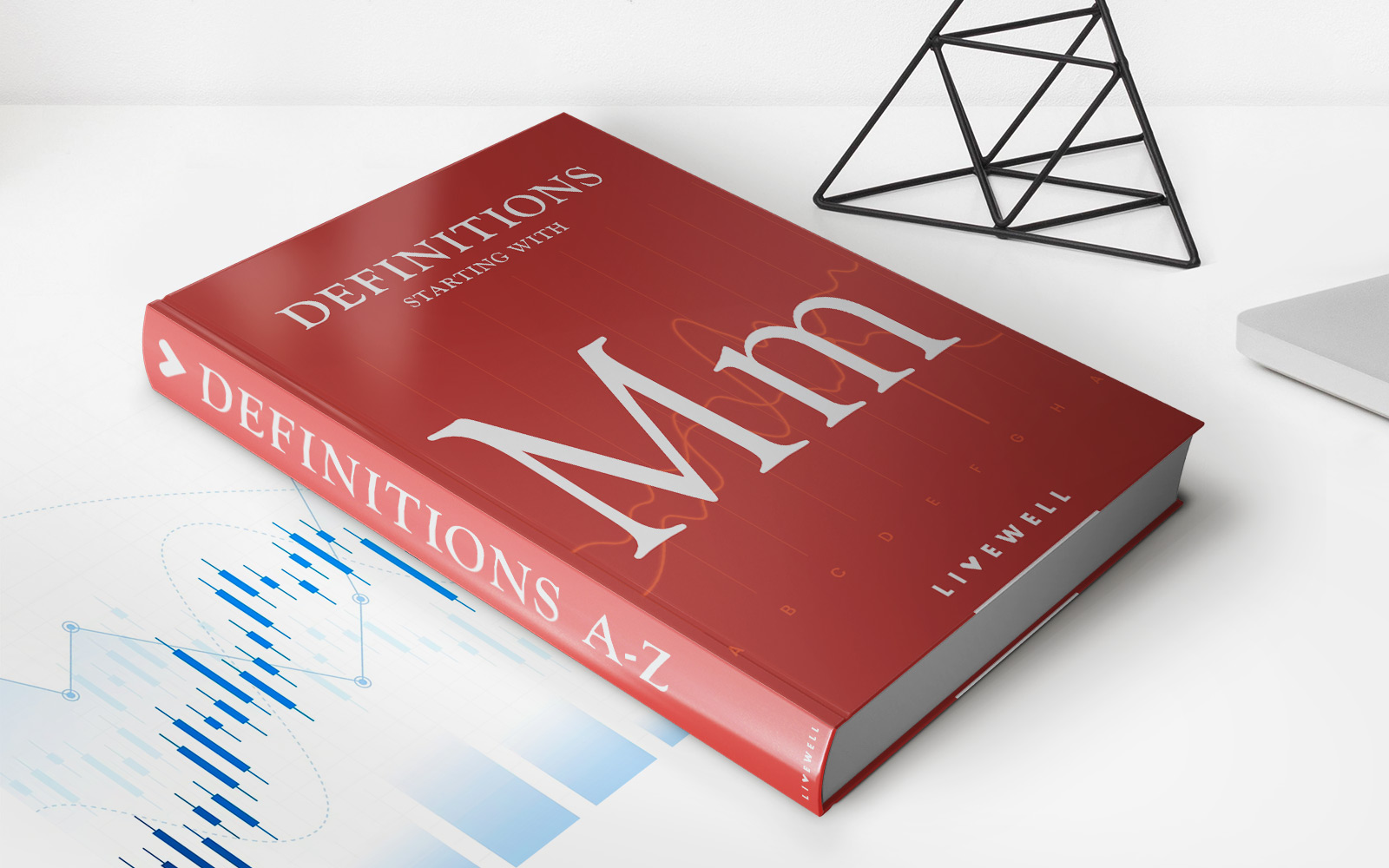Home>Finance>QTIP Trusts: Definition, How They Work, Advantages


Finance
QTIP Trusts: Definition, How They Work, Advantages
Published: January 14, 2024
Learn about QTIP trusts in finance, including their definition, how they work, and the advantages they offer.
(Many of the links in this article redirect to a specific reviewed product. Your purchase of these products through affiliate links helps to generate commission for LiveWell, at no extra cost. Learn more)
Unlocking the Power of QTIP Trusts: A Comprehensive Guide
When it comes to financial planning and estate management, there are various tools and strategies available to ensure your assets are protected and distributed according to your wishes. One such powerful tool is a QTIP Trust. In this blog post, we will explore the definition, workings, and advantages of QTIP Trusts, providing you with valuable insights into this essential aspect of finance.
Key Takeaways:
- QTIP Trusts are commonly used in estate planning to provide for a surviving spouse while ensuring that the assets are ultimately distributed according to the grantor’s chosen beneficiaries.
- By utilizing a QTIP Trust, the grantor can have control over how their assets are distributed and protect the interests of their surviving spouse.
What is a QTIP Trust?
A QTIP Trust, short for Qualified Terminable Interest Property Trust, is a financial tool commonly used for estate planning purposes. It allows a grantor to provide for their surviving spouse while retaining control over the ultimate distribution of assets.
One of the primary reasons individuals create a QTIP Trust is to ensure that their surviving spouse is taken care of financially, even after their own passing. By establishing a QTIP Trust, the grantor can retain control over how their assets are eventually distributed, providing peace of mind and financial security for both the surviving spouse and the grantor’s chosen beneficiaries.
How Does a QTIP Trust Work?
A QTIP Trust is typically set up in a way that allows the surviving spouse to receive income from the trust assets during their lifetime. This income can be in the form of interest, dividends, or other distributions generated by the trust’s investments.
The grantor of the trust, often the first spouse to pass away, can specify the terms and conditions under which the surviving spouse will receive distributions from the trust. This includes the frequency and amount of distributions, ensuring that the surviving spouse’s financial needs are met.
However, what sets a QTIP Trust apart is that the grantor can also designate who the ultimate beneficiaries of the trust will be after the surviving spouse’s passing. This provides control and peace of mind to the grantor, knowing that their assets will go to their chosen beneficiaries in the desired manner.
The Advantages of QTIP Trusts
QTIP Trusts offer several advantages for both the grantor and the surviving spouse:
- Control over Asset Distribution: By establishing a QTIP Trust, the grantor can maintain control over the distribution of assets, ensuring they are distributed according to their wishes.
- Providing for the Surviving Spouse: The surviving spouse can receive income from the trust assets, providing financial security throughout their lifetime.
- Tax Benefits: QTIP Trusts can help minimize estate taxes, as the assets placed in the trust are not considered part of the grantor’s taxable estate.
- Protection of the Grantor’s Intentions: By designating the ultimate beneficiaries of the trust, the grantor can protect their assets from being misused or passed on to unintended individuals.
- Preserving Eligibility for Government Assistance: QTIP Trusts can help preserve eligibility for government assistance programs, such as Medicaid, as the trust assets may not be considered as available resources for determining eligibility.
QTIP Trusts are a versatile and effective tool in estate planning, providing a solution for individuals who wish to provide for their surviving spouse while retaining control over their assets’ ultimate distribution. By working with a knowledgeable financial advisor or estate planning attorney, you can ensure that a QTIP Trust is structured to meet your specific needs and goals.
As always, it is crucial to consult with a qualified professional to assess your unique financial situation and receive personalized advice tailored to your needs.














